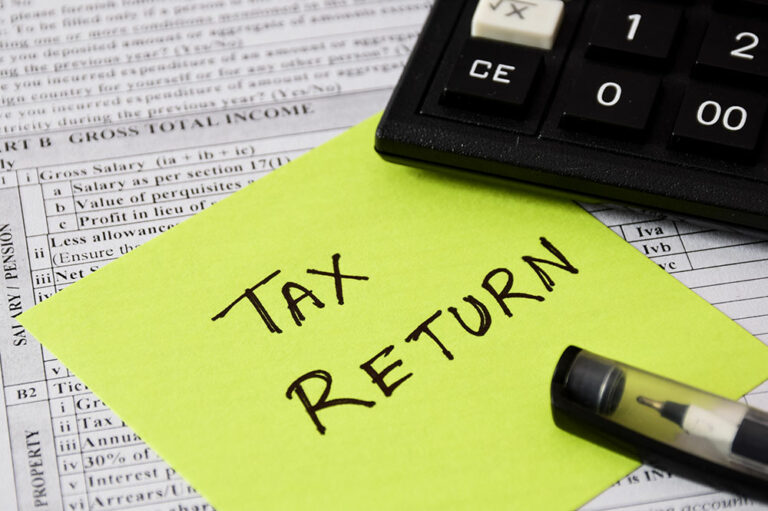
finance
10 debt settlement companies you can consider in times of crisis
Though debt such as student loans, car loans, and mortgage on the house is part of life, it does become a hindrance that affects your savings and future financial goals. As per the Federal Reserve, Americans owe more than $4 trillion in consumer debt, and this number does not account for mortgages. So, if you’re facing crushing debt and want to avoid bankruptcy, you can always engage the help of debt settlement companies. Here is a list of top 10 debt settlement companies that can help you in a financial crisis. National Debt Relief The National Debt relief offers a debt settlement service that lasts for around two to four years and charges a 15% fee. They cover all kinds of debts, including unsecured debts. Freedom Debt Relief With average fees and AFCC accreditation, Freedom Debt Relief is one of the oldest debt settlement companies in the country. They are present in 37 states and have been in operation for over 17 years. Guardian Debt Relief Guardian Debt Relief specializes in working with customers who have a debt of more than $10,000. They usually charge a 20% fee and a monetary fee of $200, which goes into the settlement account.
Read More 









